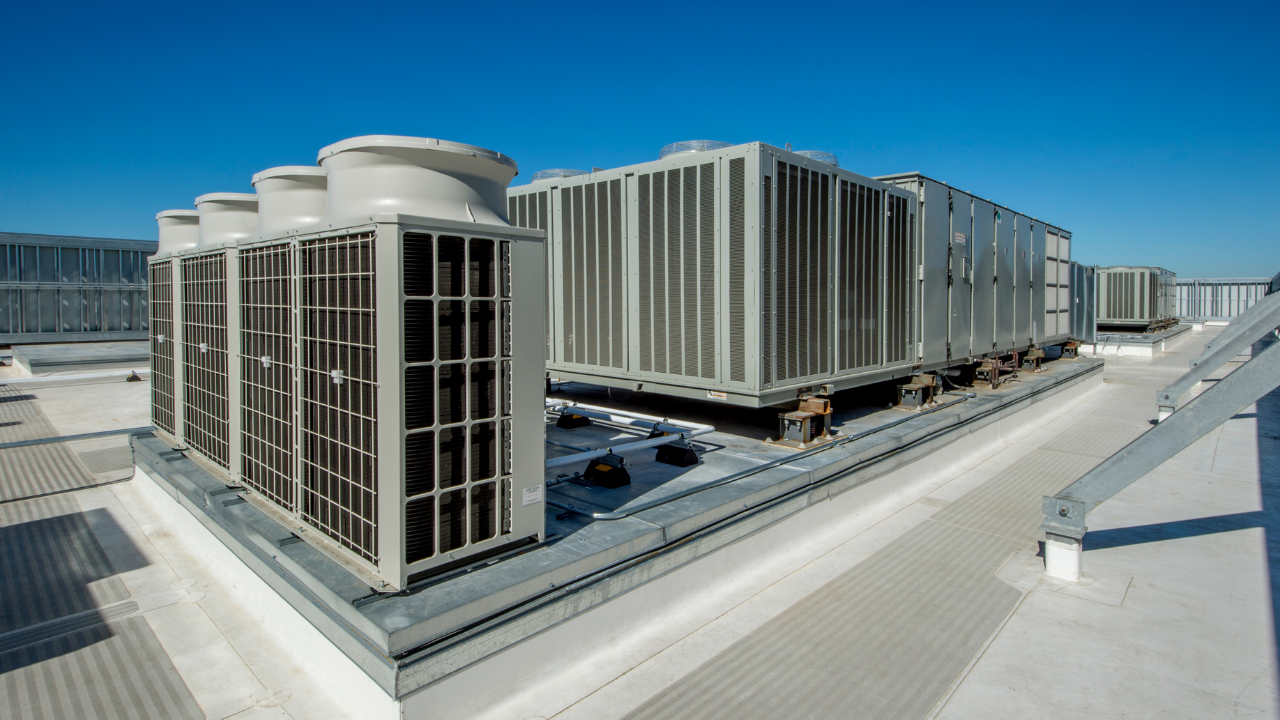Introduction
When your heating or cooling system stops working, comfort quickly turns into a priority. Whether you’re sweating through a summer heatwave or shivering in winter, finding the best HVAC company near you can make all the difference. But with so many options, how do you know which company offers reliable service, fair pricing, and great customer support?
This guide will walk you through the top HVAC companies worldwide, share real customer reviews, and break down what you can expect to pay for common services. Let’s make your search for the right HVAC company simple and stress-free.
Why Choosing the Right HVAC Company Matters
A quality HVAC (Heating, Ventilation, and Air Conditioning) system keeps your indoor environment comfortable year-round. But installation, repair, or replacement can be a significant investment. The right company will not only provide expert service but also help you save money in the long run through energy-efficient solutions and honest pricing.
Top HVAC Companies Worldwide
While local companies are essential for prompt service, knowing the leading global brands helps you make informed decisions about equipment and warranties. Here are some of the most trusted HVAC companies around the world:
| Company Name | Headquarters | Key Strengths |
|---|---|---|
| Daikin | Japan | Energy efficiency, innovation |
| LG Electronics | South Korea | Smart technology, global presence |
| Carrier | USA | Industry leader, high SEER ratings |
| Trane | USA | Reliability, commercial expertise |
| Mitsubishi Electric | Japan | Eco-friendly, advanced technology |
| Midea Group | China | Affordable, wide product range |
| Johnson Controls | Ireland | Building automation, global reach |
| Rheem | USA | Budget-friendly, solid warranties |
| Lennox | USA | Energy-saving, strong support |
| Bosch Thermotechnology | Germany | Innovative, European quality |
How to Find the Best HVAC Companies Near You
1. Research and Read Reviews
Start by searching for HVAC companies in your area. Look for those with a solid reputation, years of experience, and positive online reviews. Websites like Yelp, the Better Business Bureau, and Google Maps can help you compare ratings and customer feedback.
2. Check Certifications and Insurance
A reputable HVAC contractor should be licensed, insured, and certified to work with your system’s brand. This protects you from liability and ensures quality workmanship.
3. Compare Quotes
Don’t settle for the first estimate. Request detailed quotes from at least three companies. Compare not just the price, but also the scope of work, warranties, and service guarantees.
4. Ask About Emergency Services
HVAC issues don’t always happen during business hours. Choose a company that offers 24/7 emergency support for peace of mind.
Customer Reviews: What to Look For
When reading reviews, pay attention to:
- Response Time: How quickly does the company respond to service calls?
- Professionalism: Are technicians courteous and knowledgeable?
- Transparency: Does the company provide clear explanations and upfront pricing?
- Follow-Up: Are issues resolved promptly if something goes wrong?
For example, companies like Carrier and Trane consistently receive high marks for their professionalism and reliability, while local businesses may stand out for personalized service and faster response times.
HVAC Pricing Guide: What Should You Expect to Pay?
Understanding HVAC pricing helps you budget and avoid surprises. Here’s a breakdown of typical costs for common services:
Average Costs for HVAC Services (2025)
| Service Type | Average Cost Range (USD) | Typical Hourly Rate (USD) |
|---|---|---|
| HVAC Repair | $150 – $450 | $75 – $150 |
| New HVAC System Installation | $3,800 – $7,500 | $100 – $150 |
| Furnace Repair | $125 – $355 | $75 – $125 |
| Heat Pump Installation | $4,200 – $7,300 | $100 – $150 |
| AC Unit Replacement | $3,800 – $7,500 | $100 – $150 |
| Routine Maintenance | $150 – $300/year | $75 – $125 |
Factors Affecting HVAC Pricing
- System Size and Type: Larger homes or commercial spaces require bigger, more expensive systems.
- Brand and Efficiency: Premium brands and high-efficiency models cost more upfront but save on energy bills.
- Ductwork: Installing new ducts adds to the total cost.
- Location: Labor rates and material costs vary by region.
- Complexity: Difficult installations or upgrades can increase labor charges.
HVAC System Replacement Costs
| System Type | Average Cost Installed (USD) |
|---|---|
| Central Air Conditioner | $2,500 – $7,500 |
| Ductless Mini-Split | $3,000 – $10,000 |
| Furnace | $2,000 – $5,400 |
| Heat Pump | $3,800 – $8,200 |
| Geothermal Heat Pump | $15,000 – $35,000 |
Tips to Save on HVAC Costs
- Schedule installations during off-peak seasons (spring or fall).
- Look for rebates, tax credits, and manufacturer promotions.
- Maintain your system regularly to prevent costly repairs.
- Replace both heating and cooling units together for package discounts.
- Get a professional home evaluation to ensure you’re not over- or under-sizing your system.
Frequently Asked Questions
How often should I service my HVAC system?
Experts recommend annual maintenance for both heating and cooling systems to ensure optimal performance and longevity.
How do I know if I need a new HVAC system?
Signs include frequent repairs, rising energy bills, uneven temperatures, or if your system is over 10–15 years old.
What is a SEER rating?
SEER (Seasonal Energy Efficiency Ratio) measures the efficiency of air conditioning units. Higher SEER ratings mean greater energy savings.
Conclusion
Choosing the best HVAC company near you doesn’t have to be overwhelming. By focusing on reputable brands, reading real customer reviews, and understanding the pricing landscape, you can make a confident decision that keeps your home or business comfortable year-round.
Ready to Upgrade Your Comfort?
Don’t wait until your system breaks down. Reach out to a top-rated HVAC company near you today for a free quote or consultation. Enjoy peace of mind, better air quality, and lower energy bills with the right heating and cooling partner!






